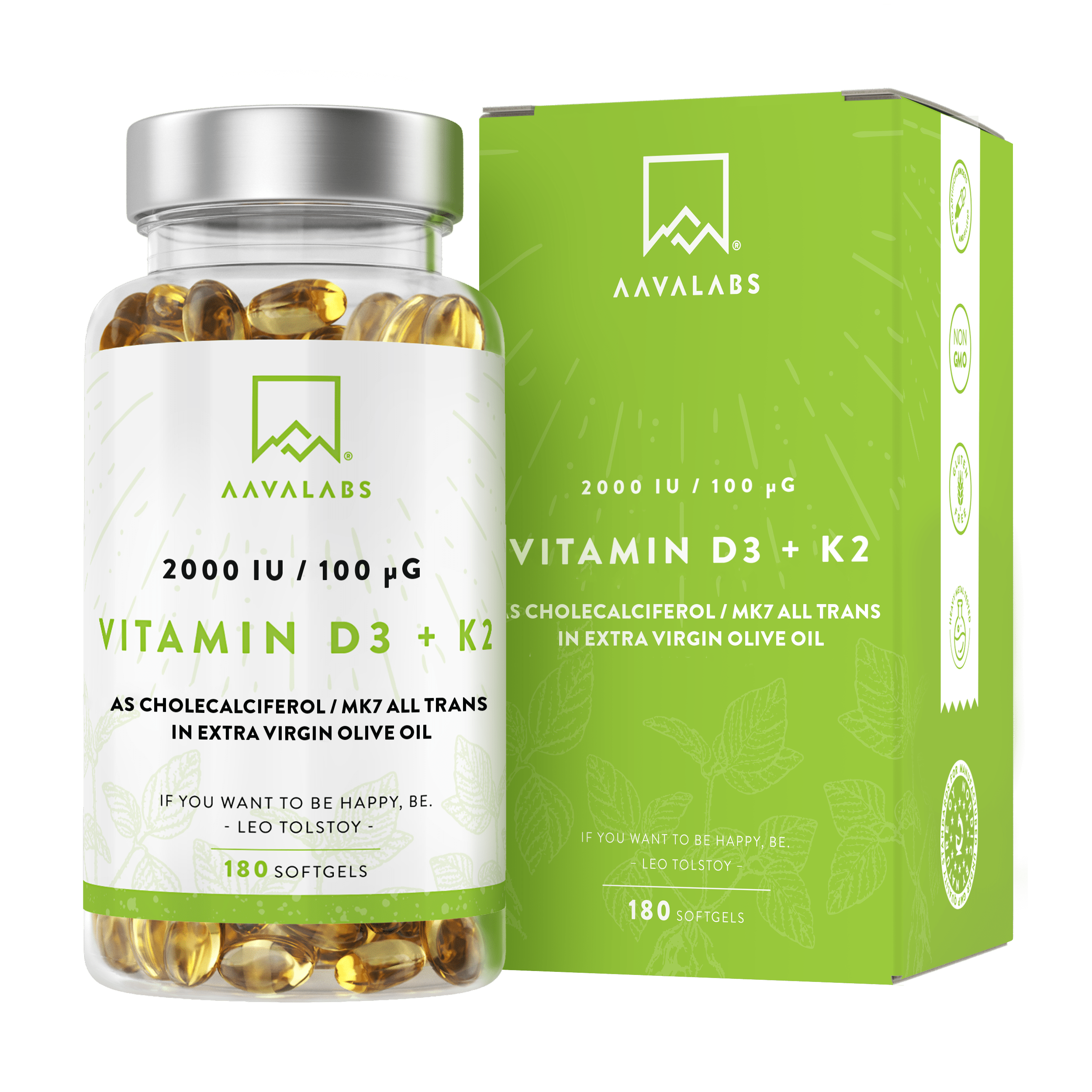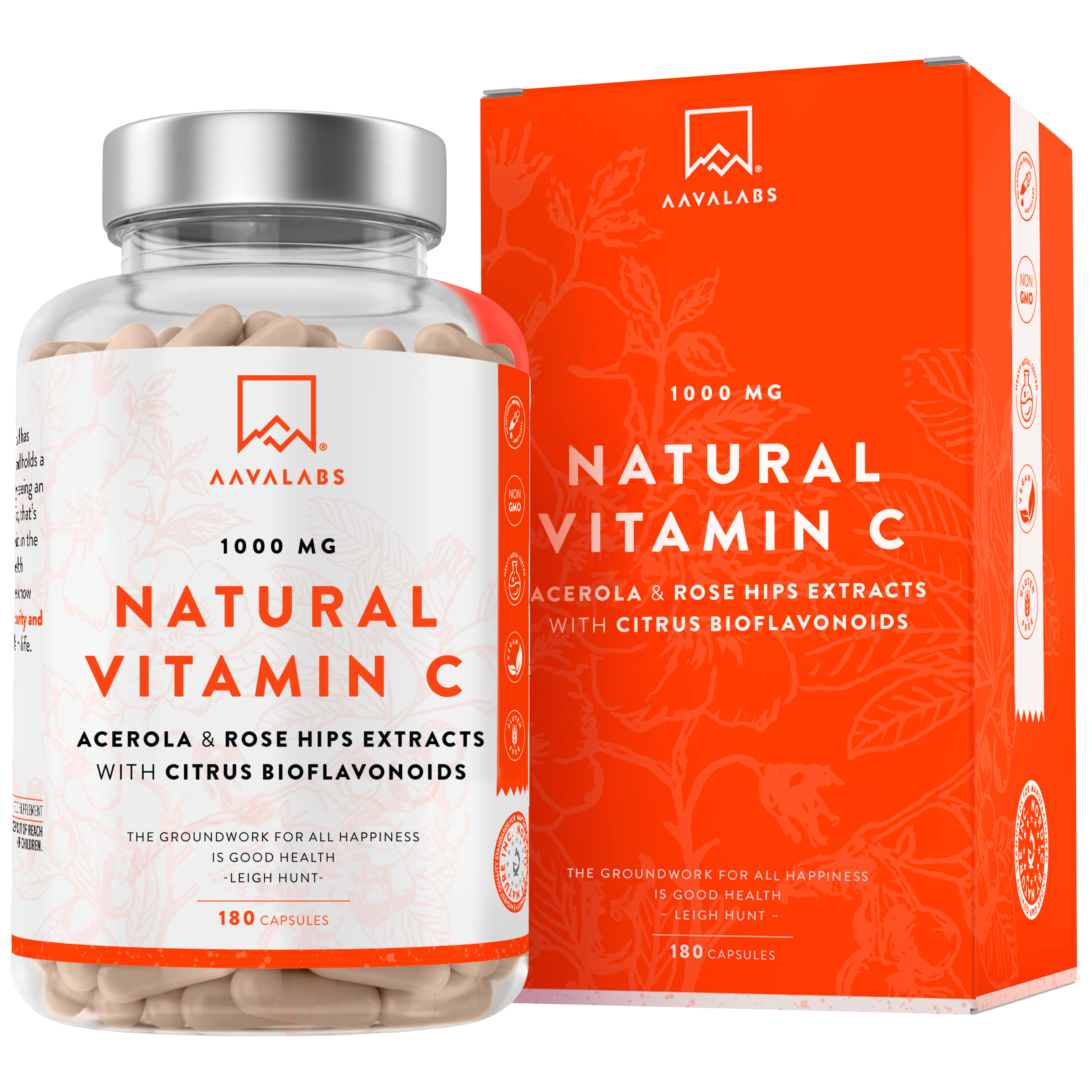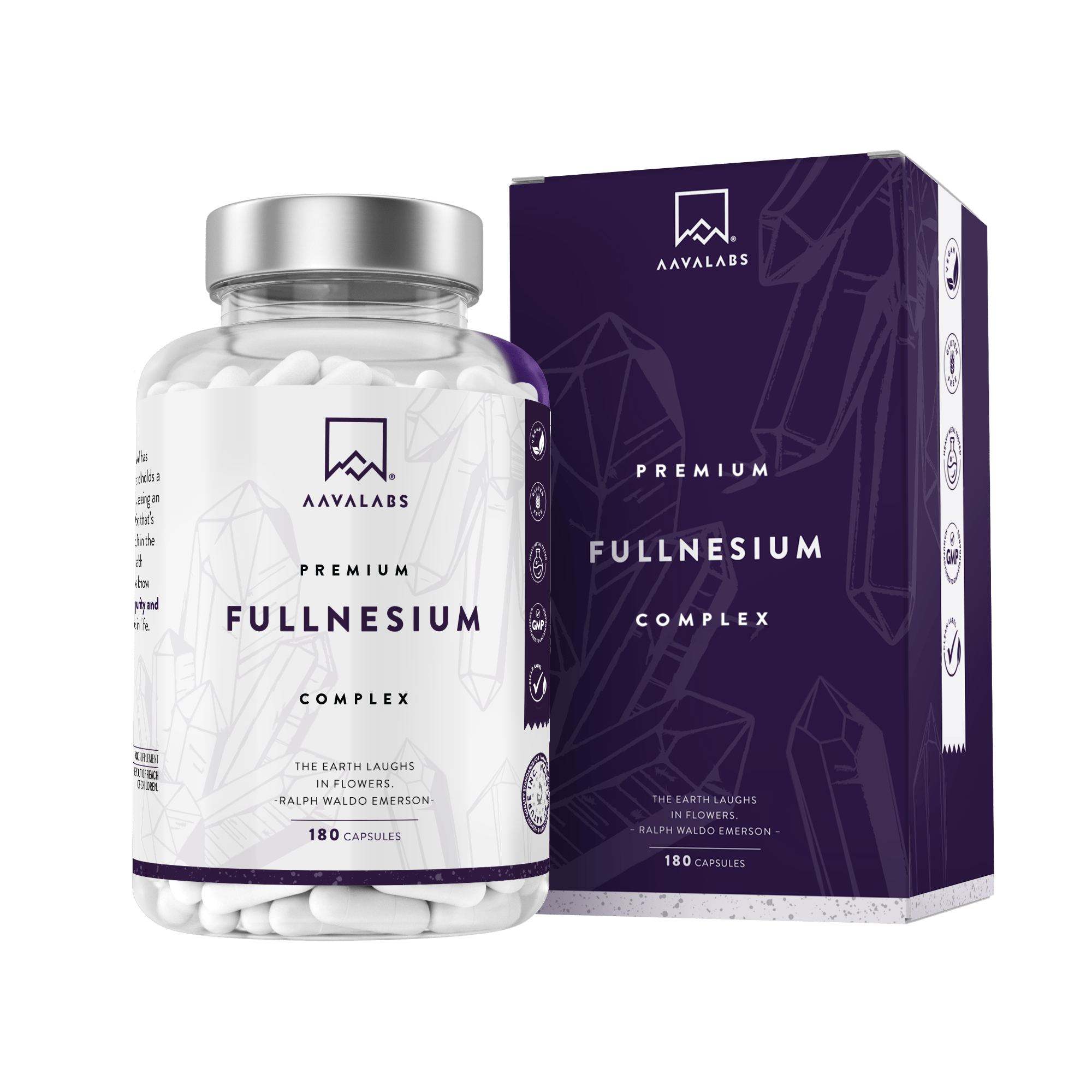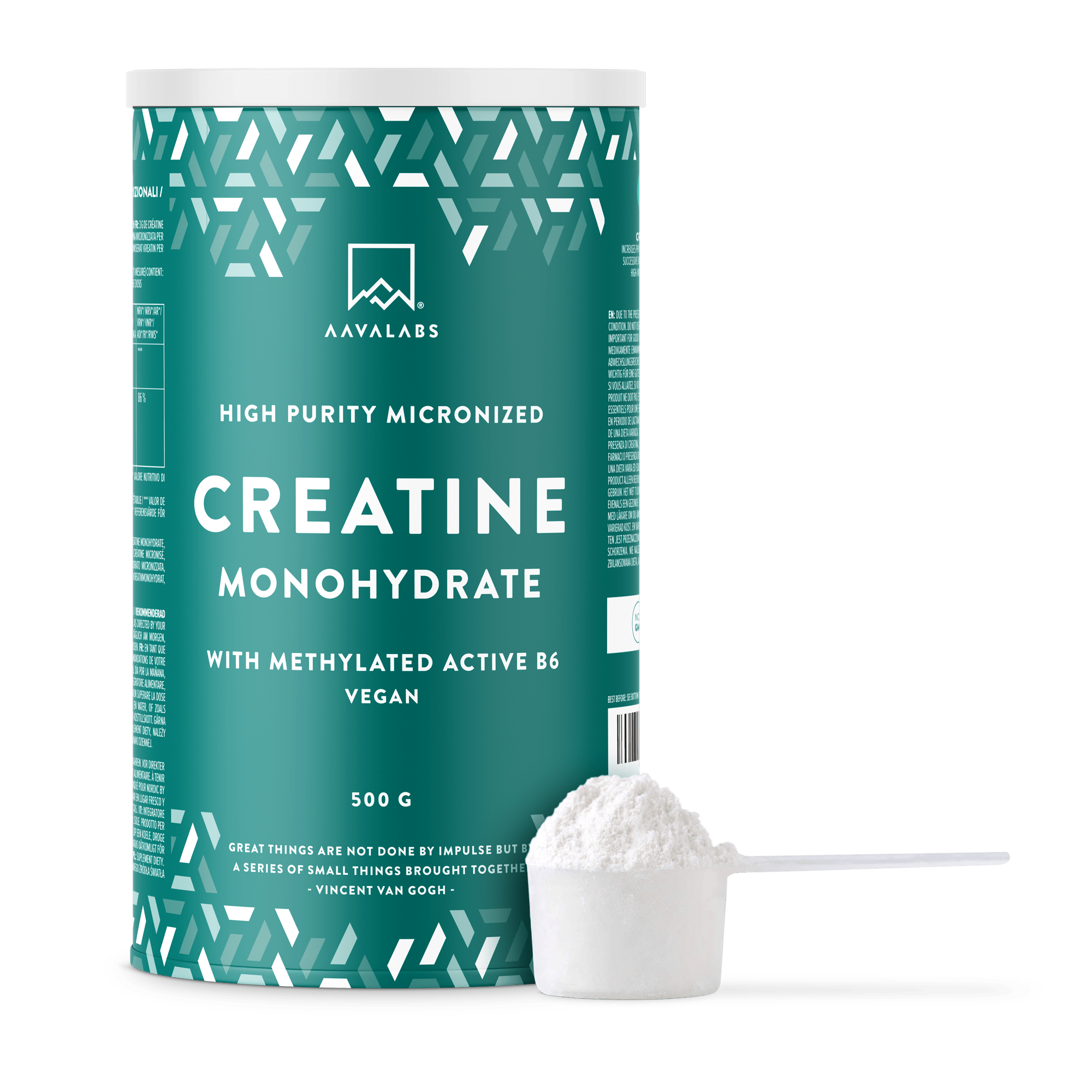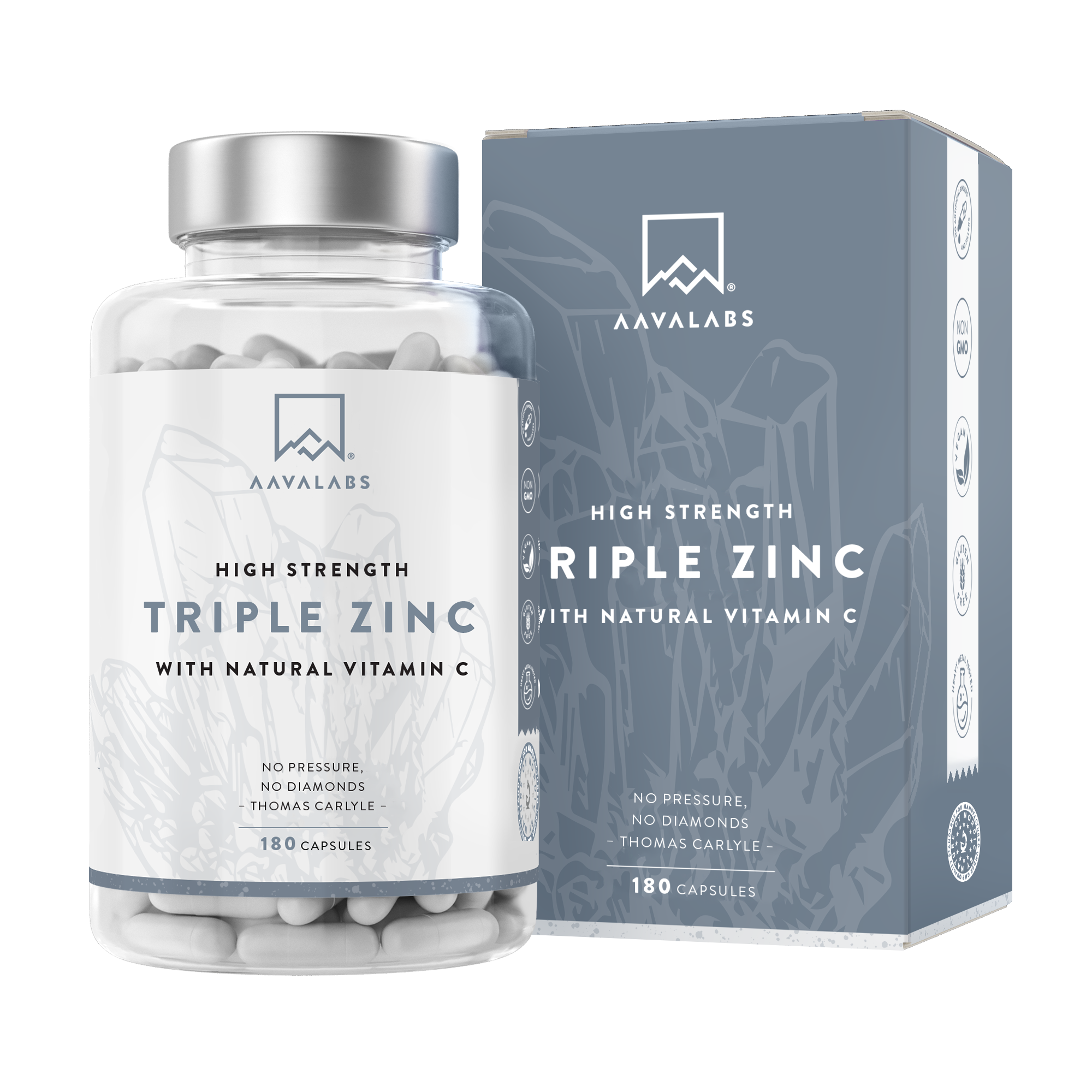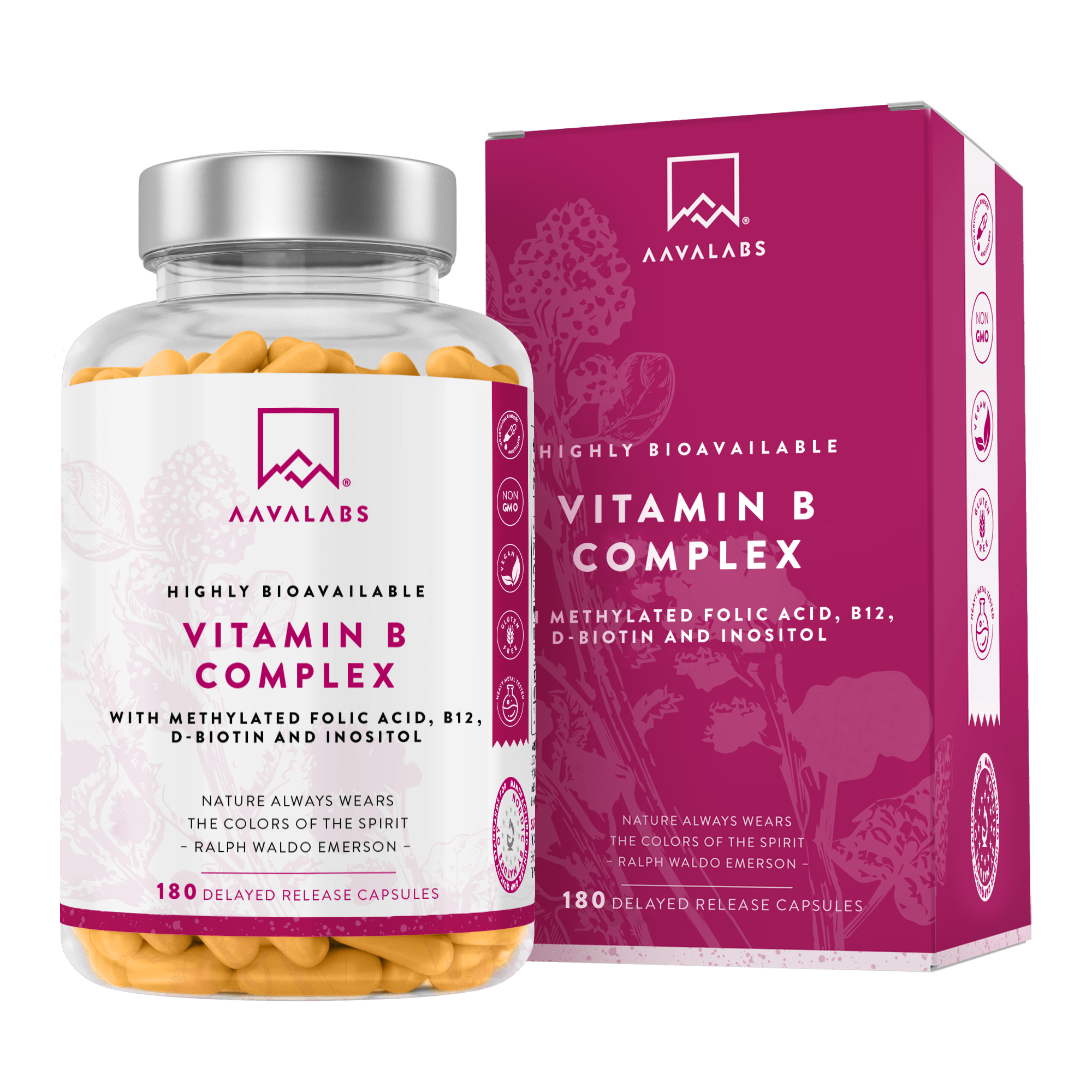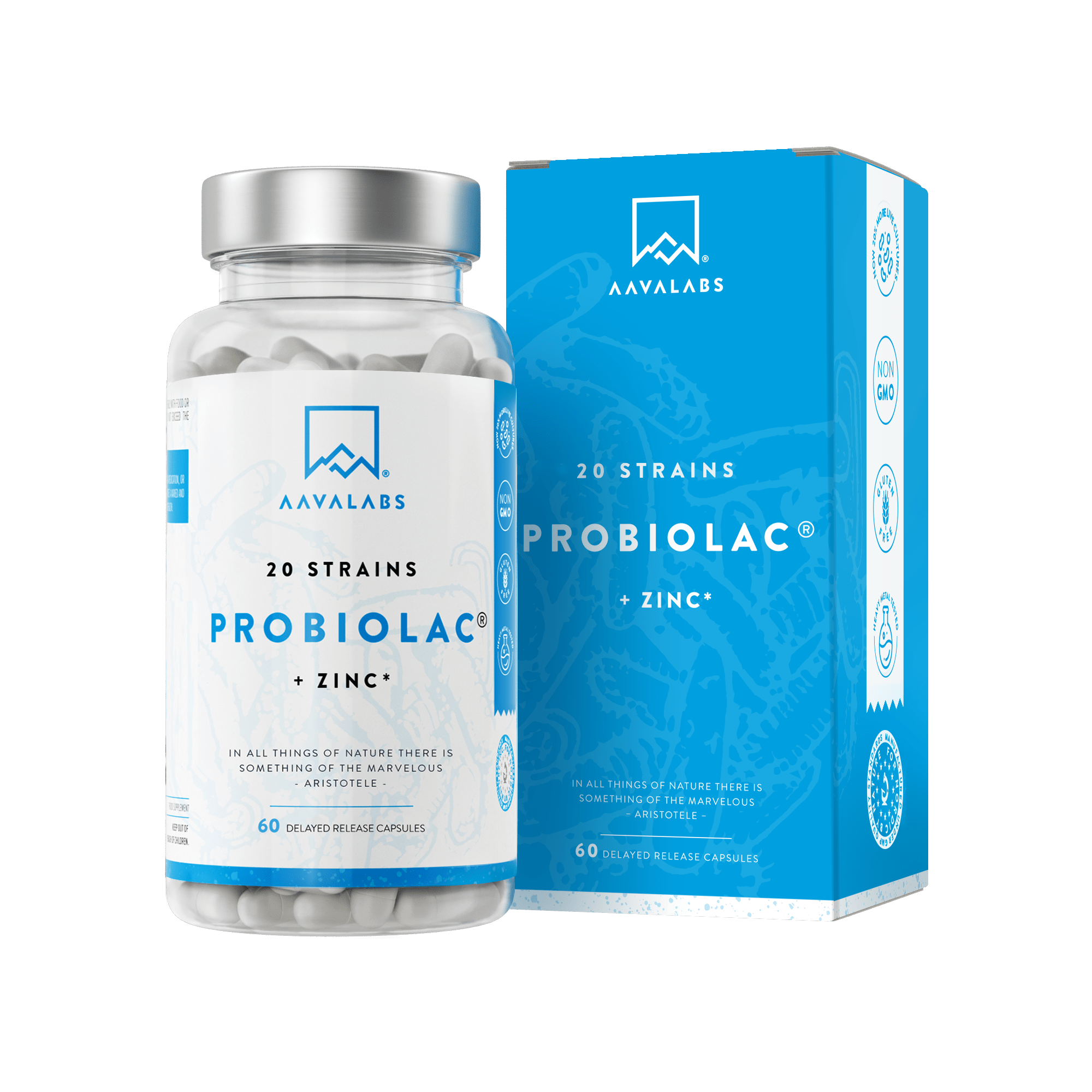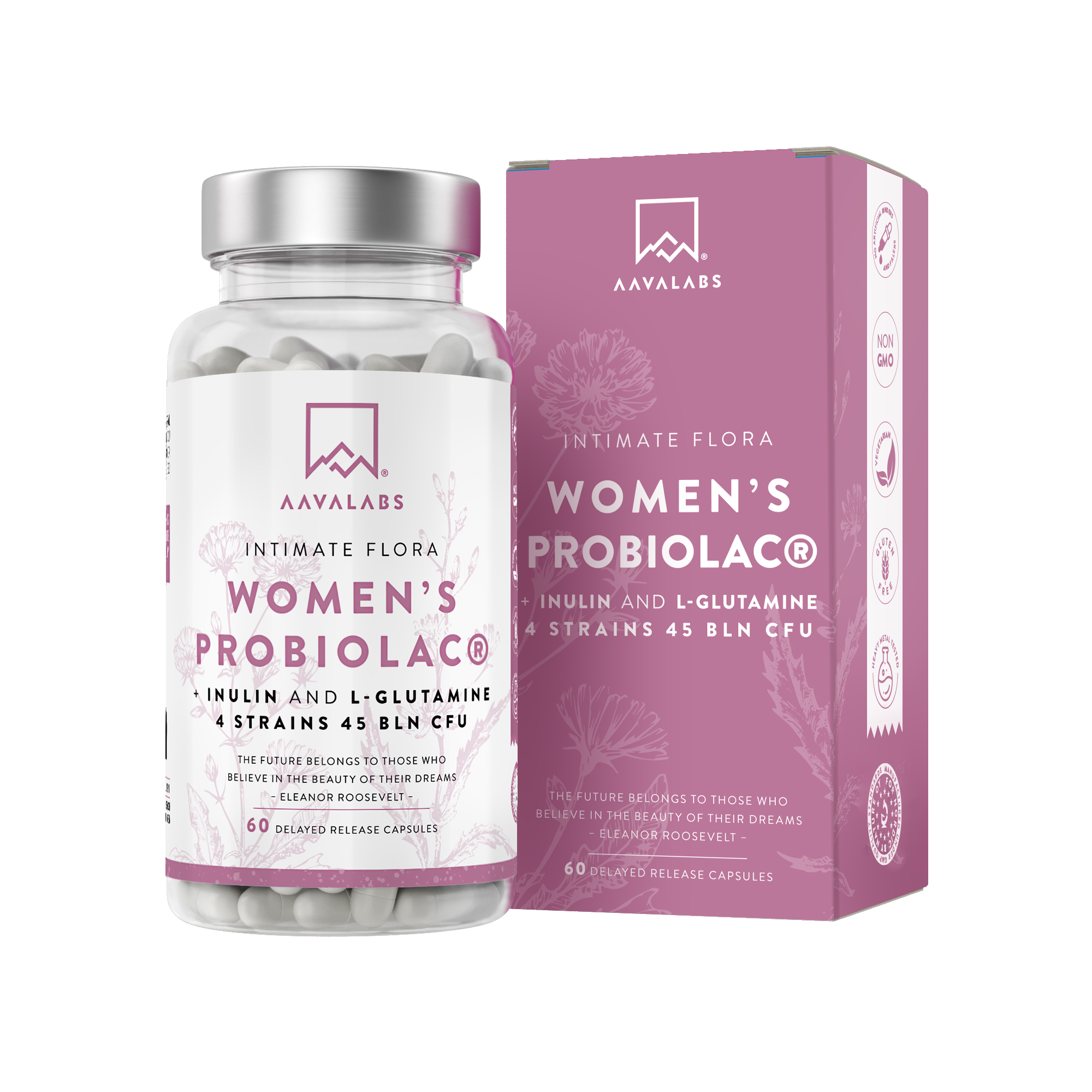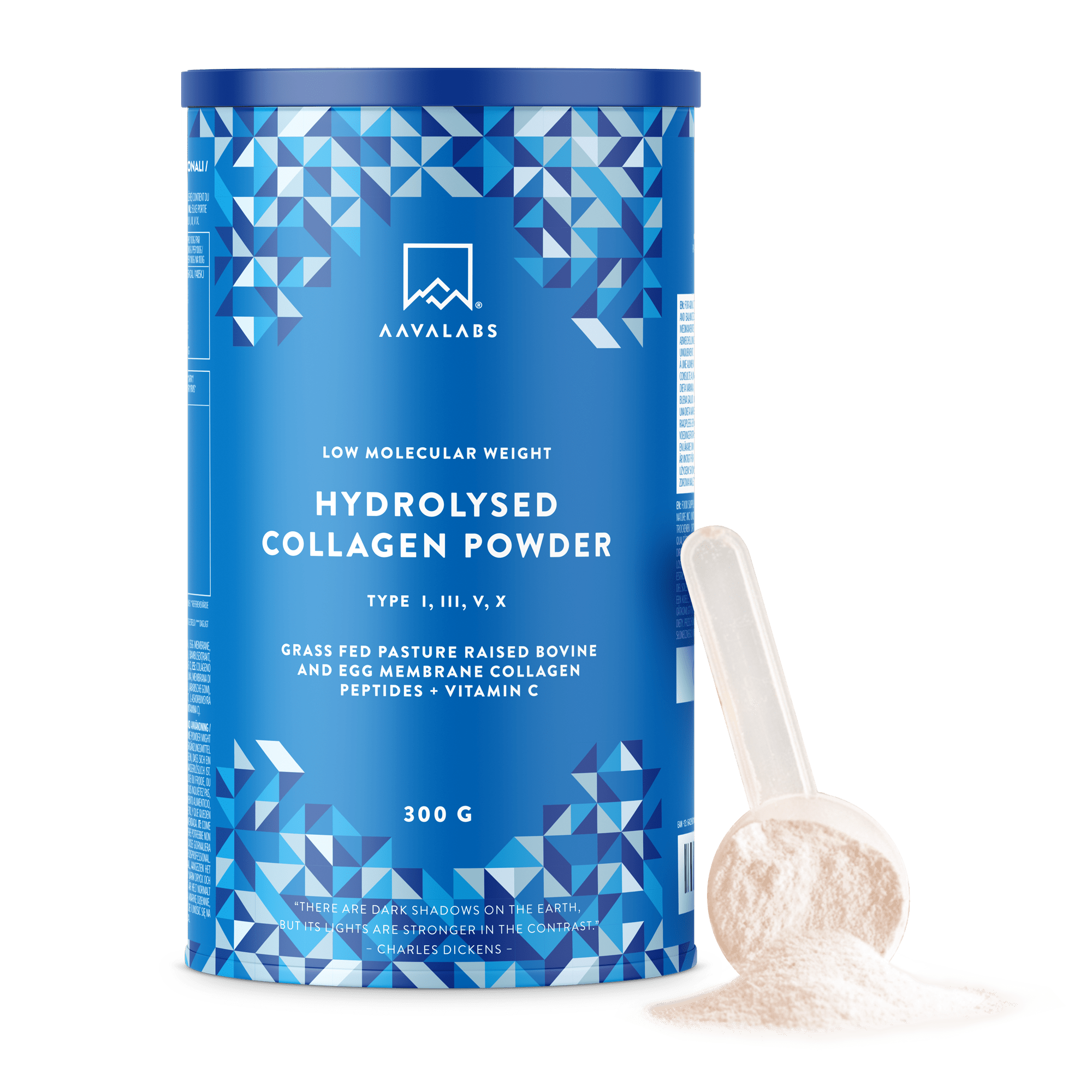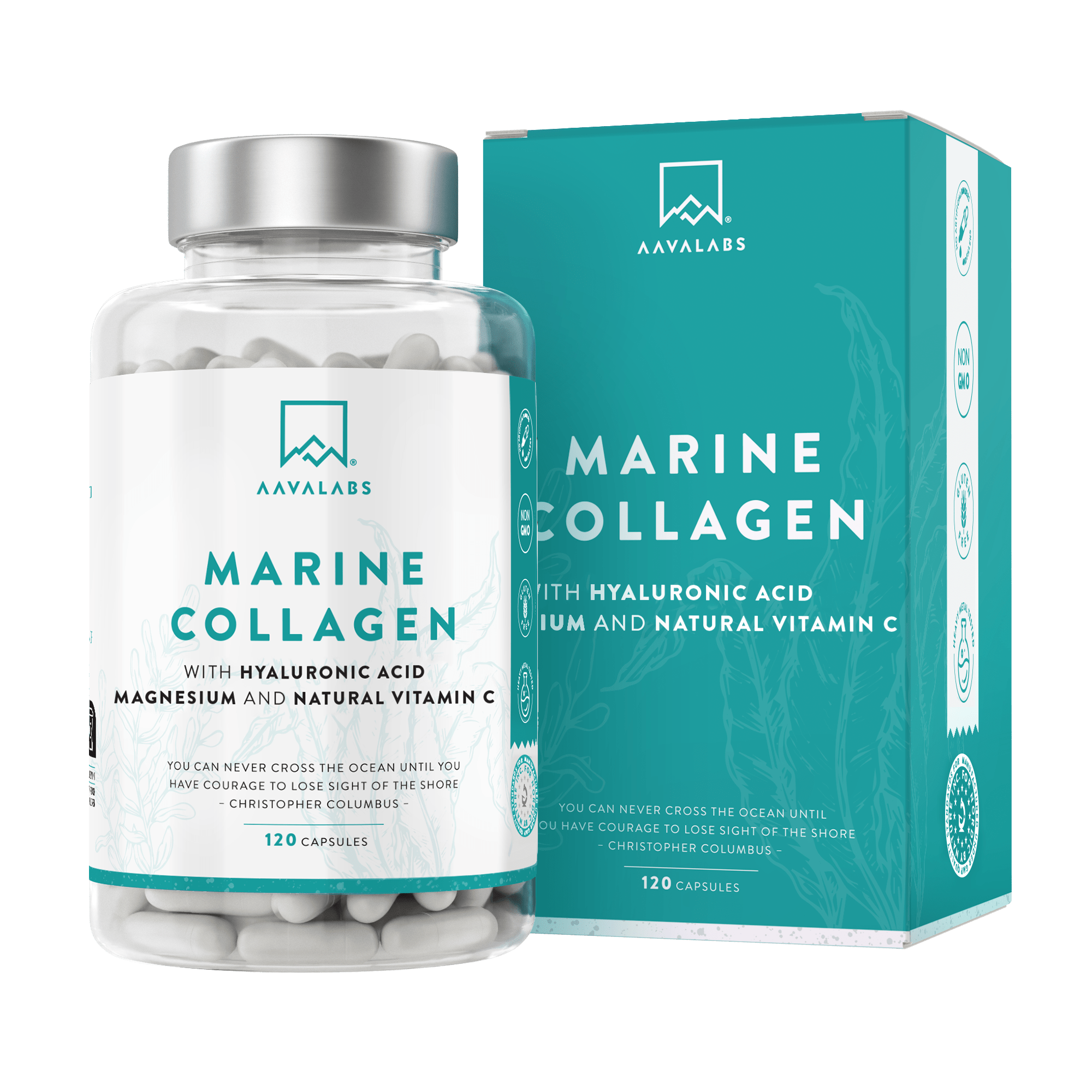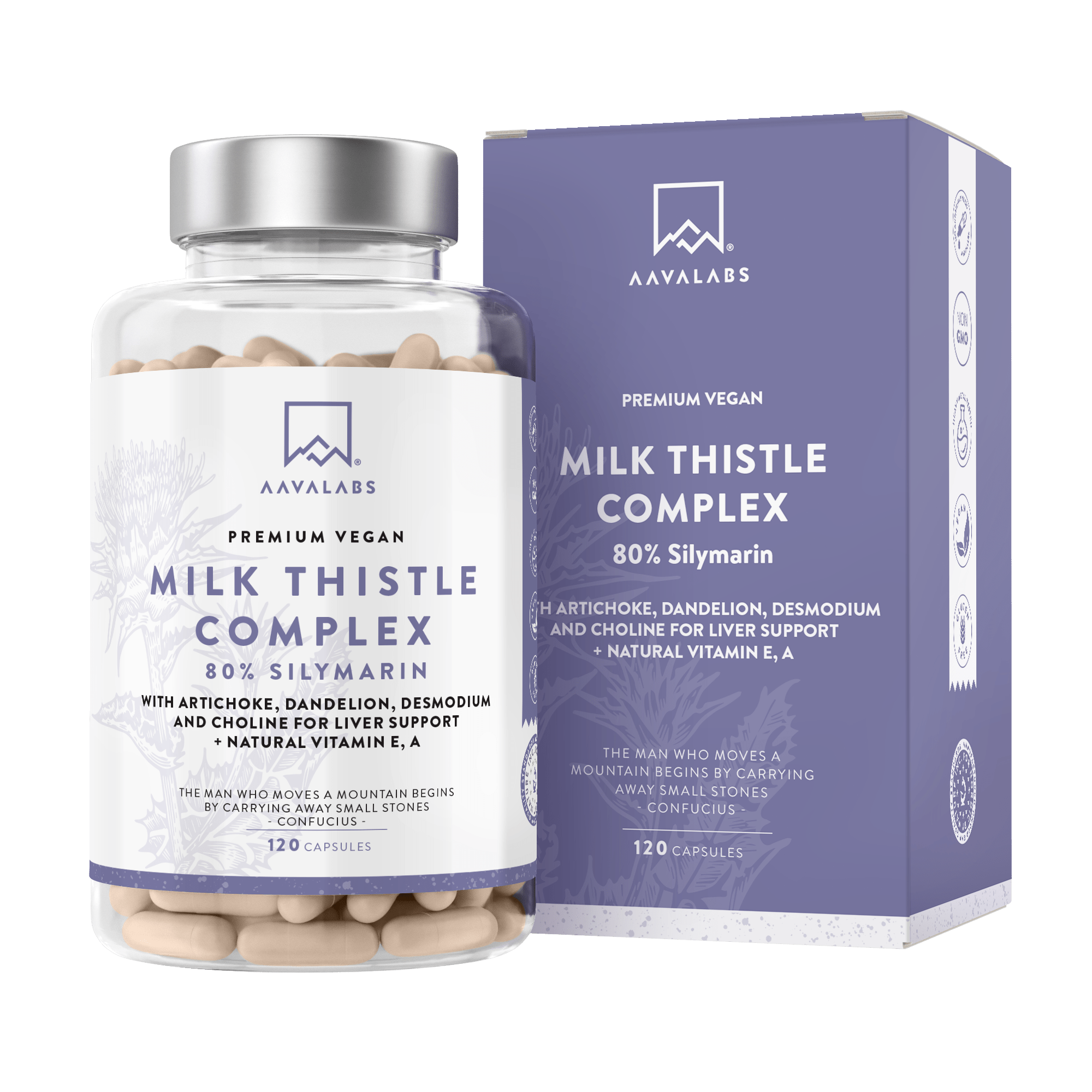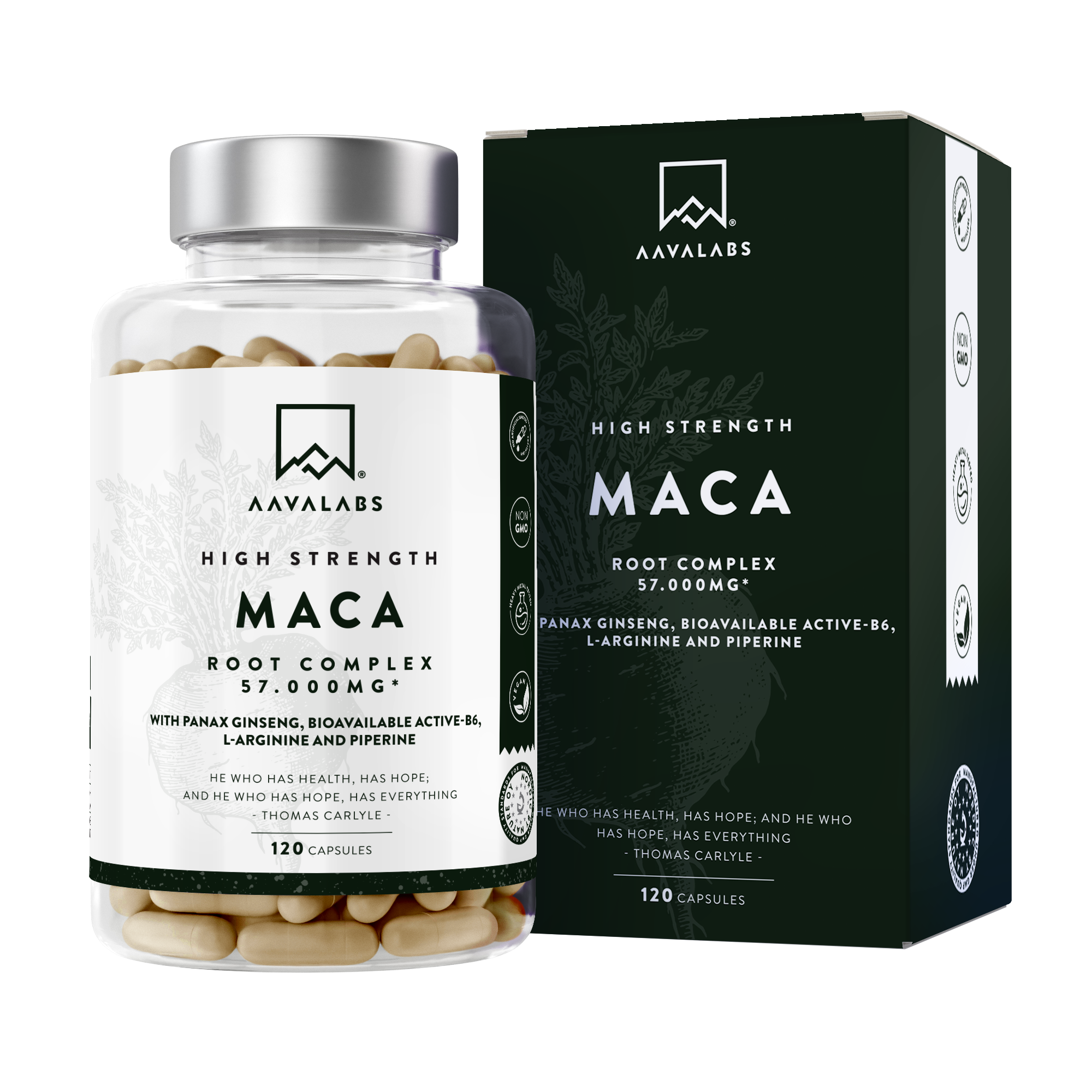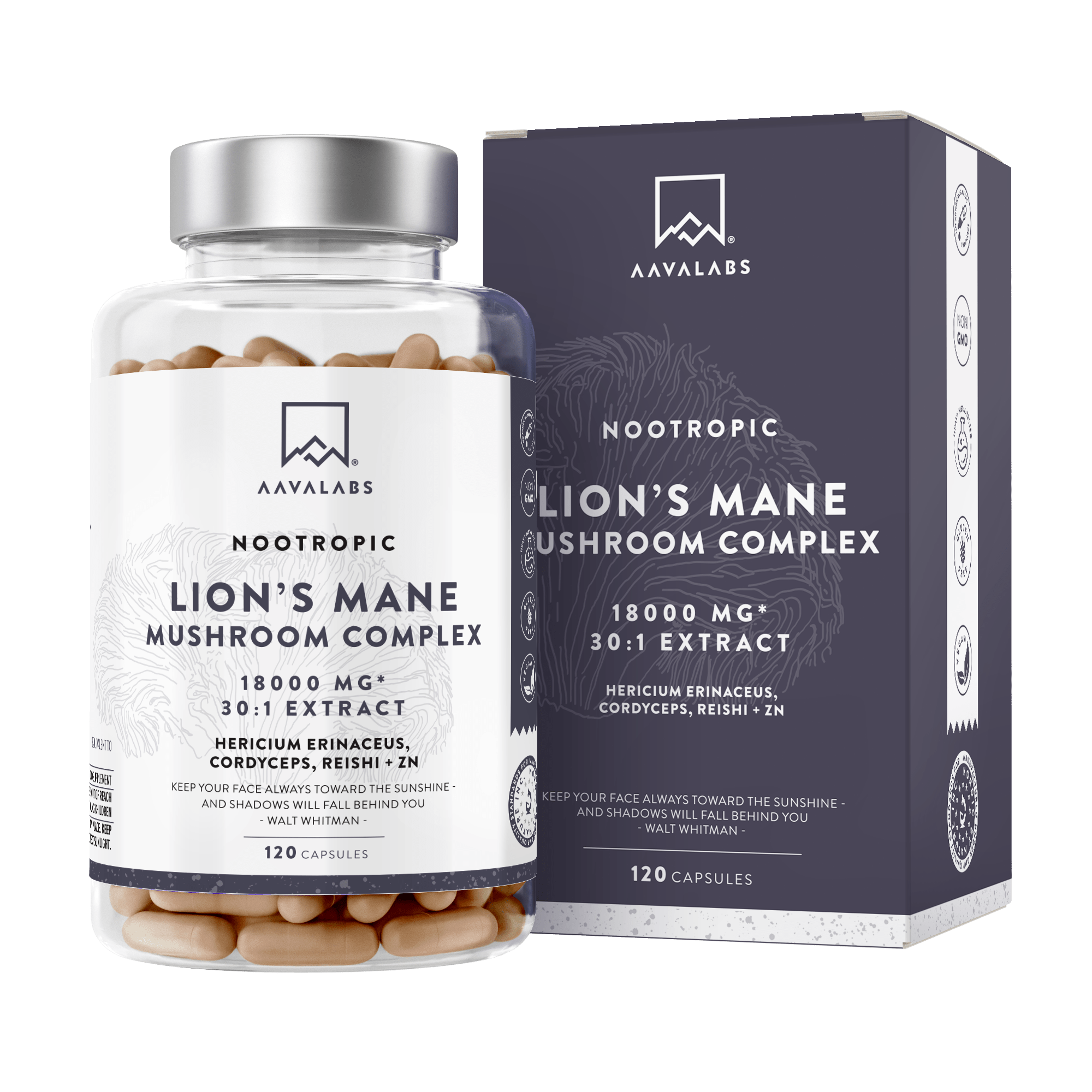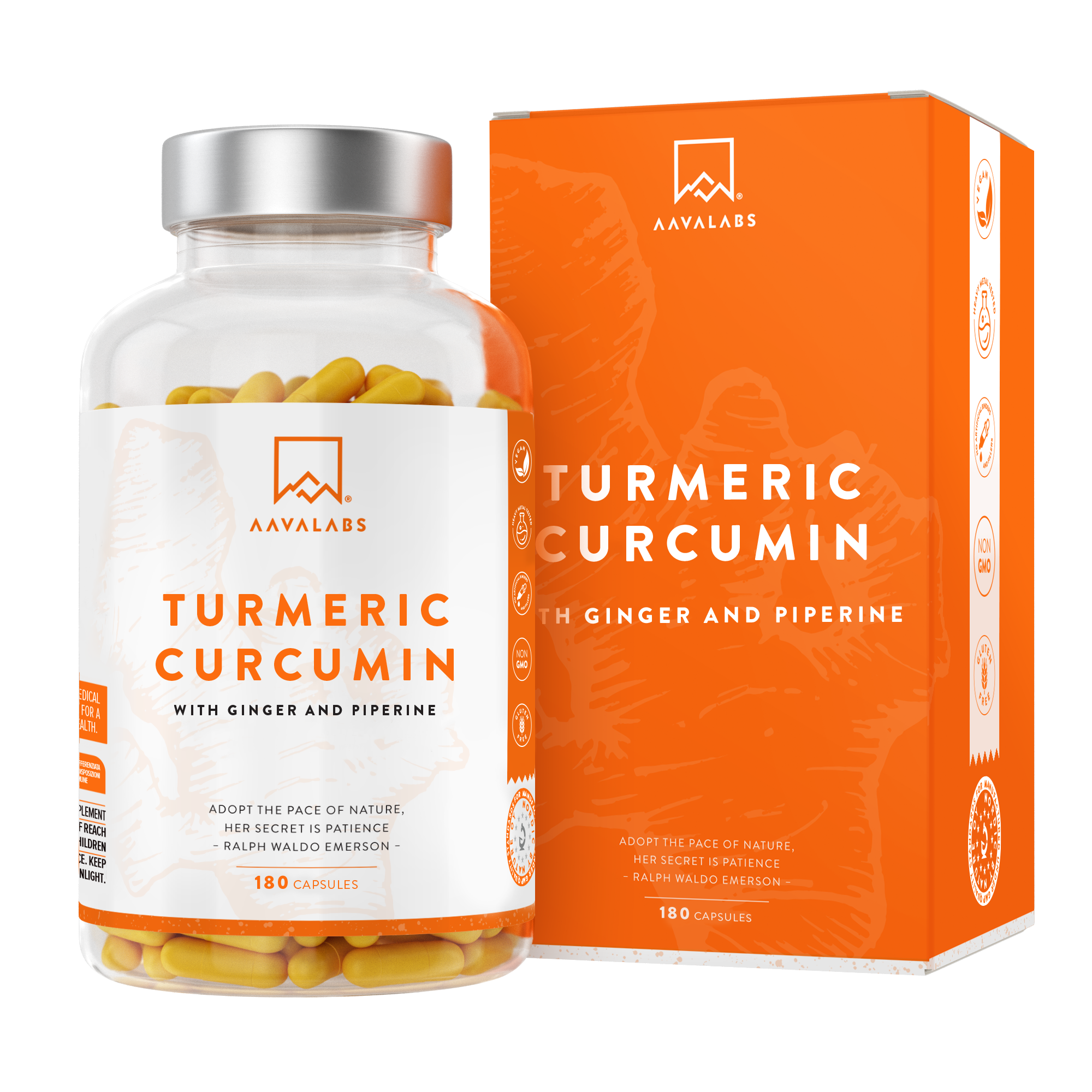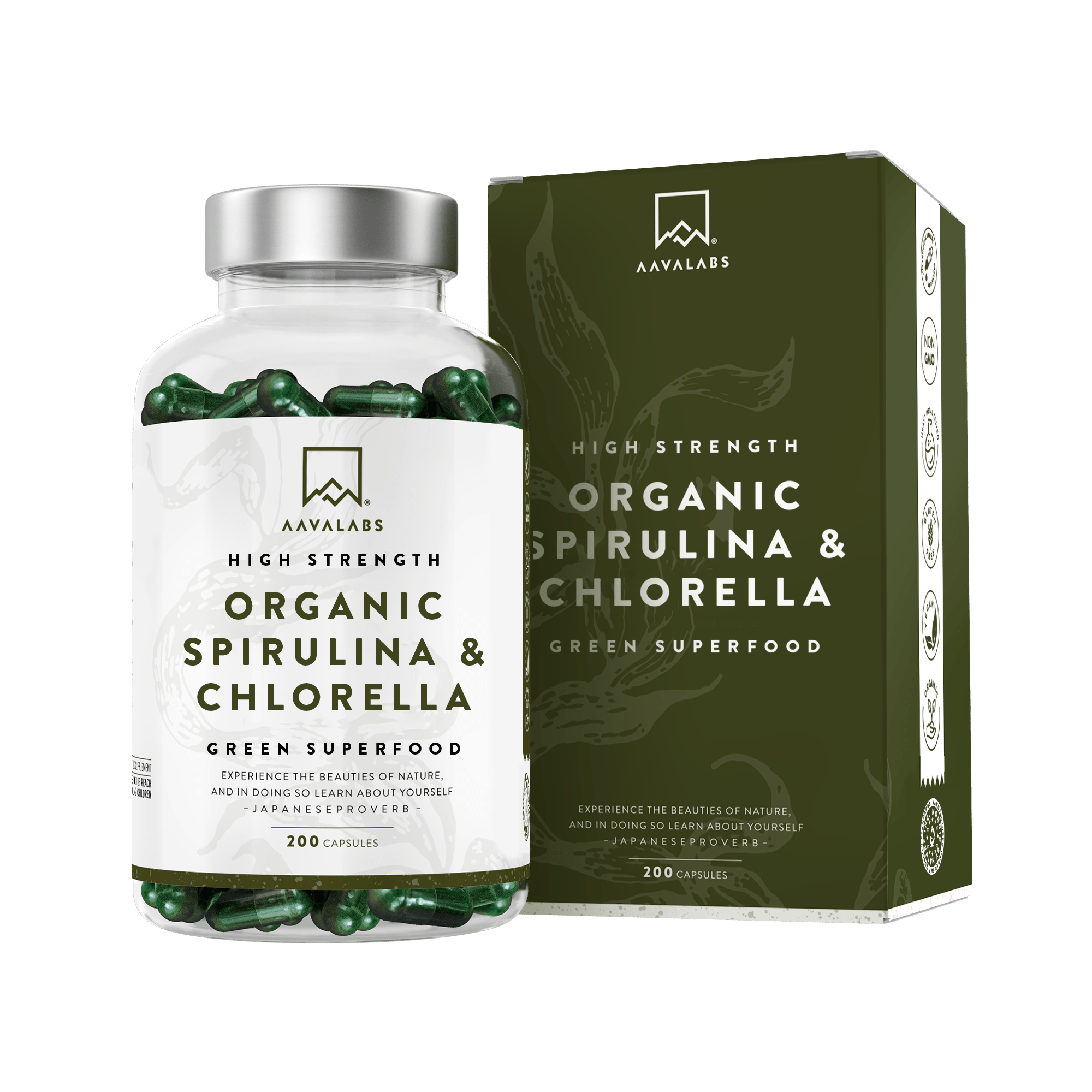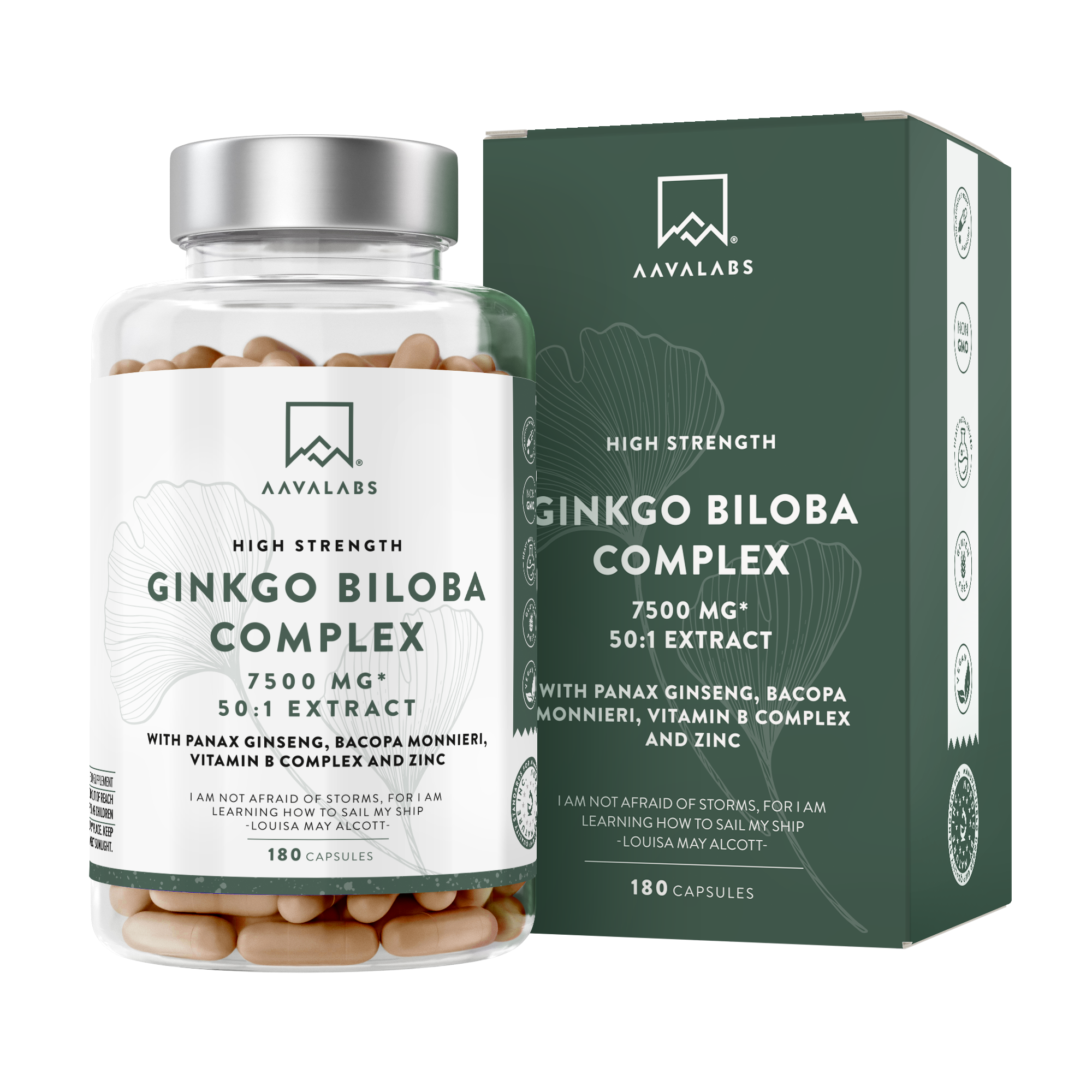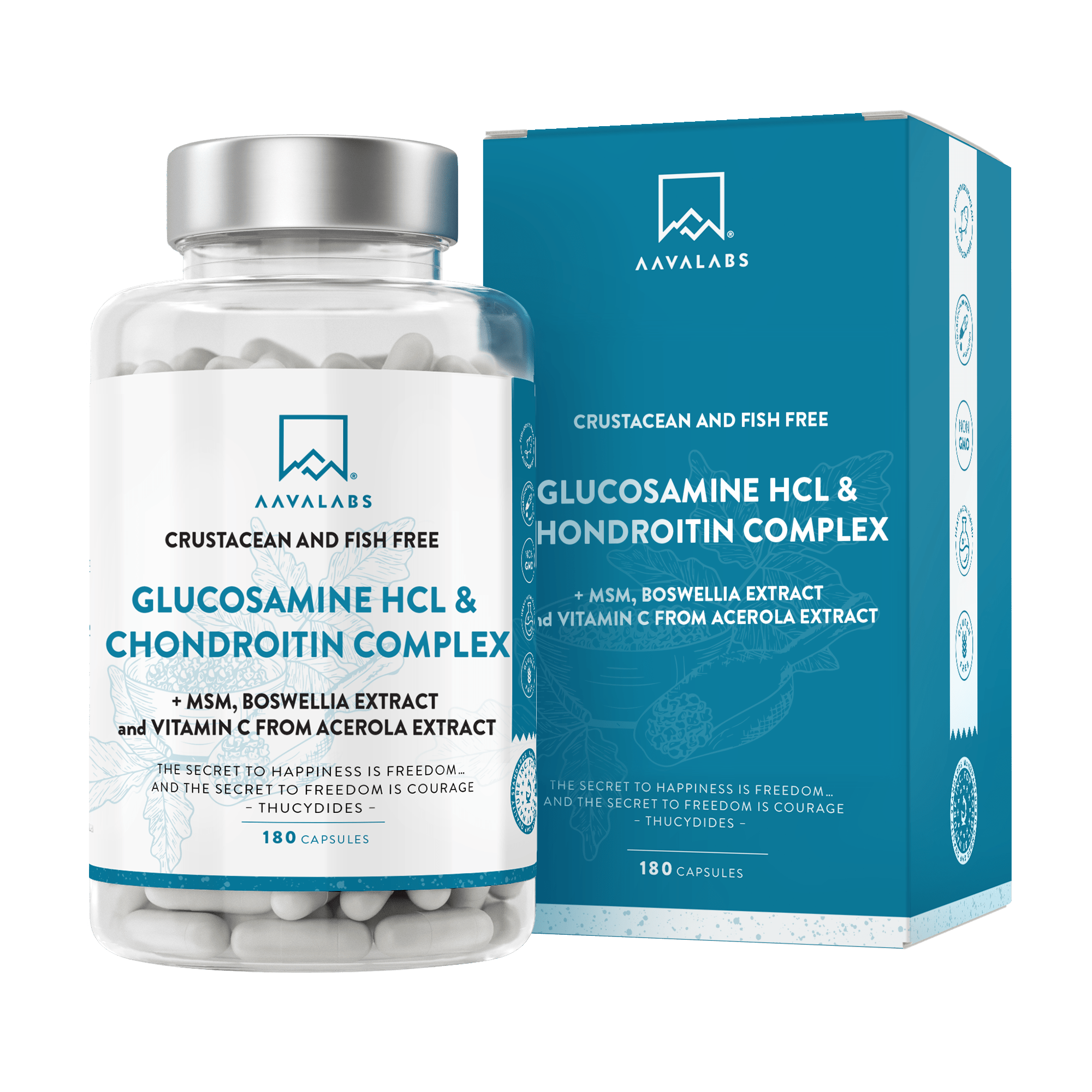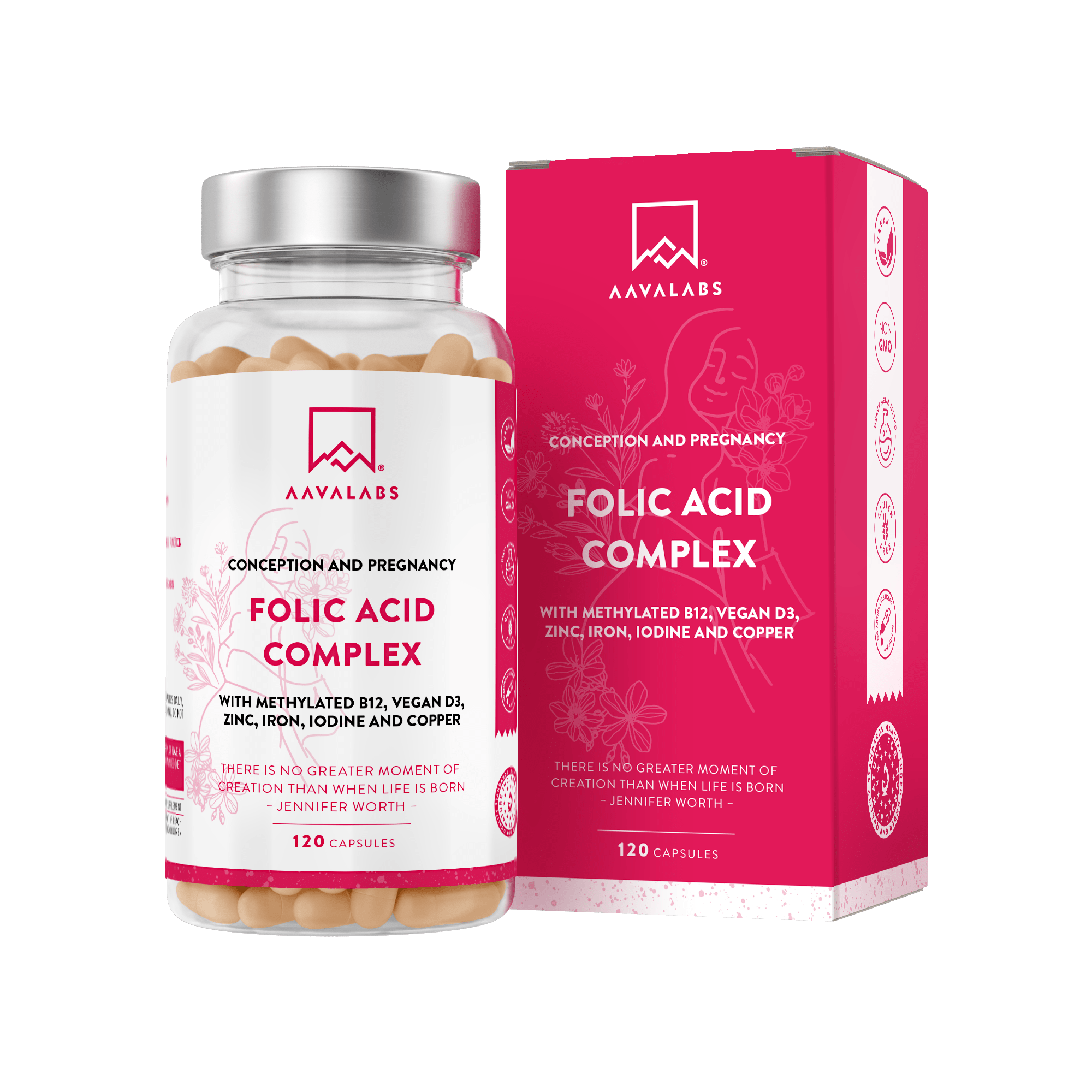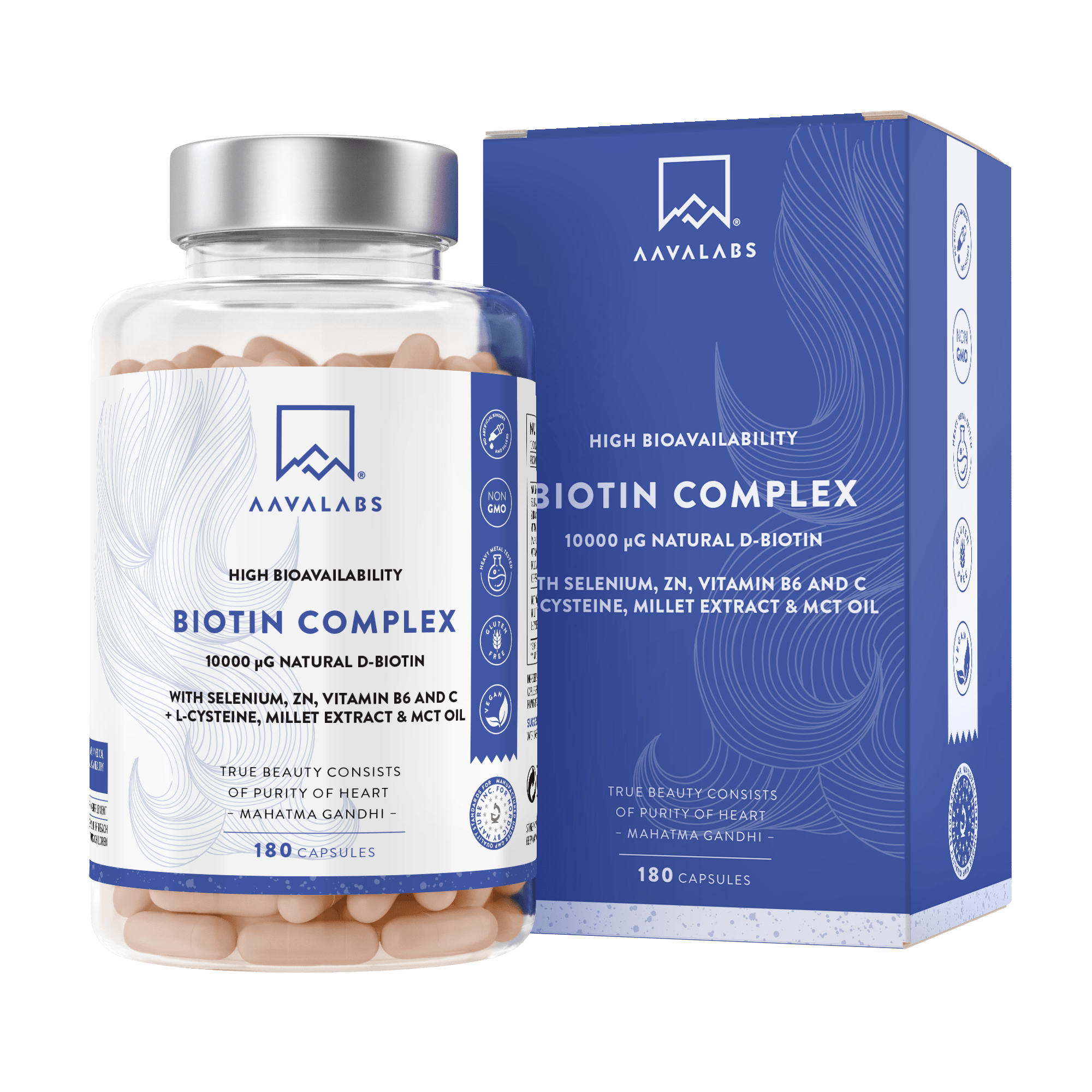BEST SELLERS
NOT SURE WHICH SUPPLEMENTS TO CHOOSE?
Take our short quiz to receive personalised recommendations and special product tips!

OUR PRODUCTS
At AAVALABS, quality control is our top priority. We uphold the highest European standards for quality and safety at every stage of product development and production—including our high-dose vitamin supplements.
Each product undergoes multiple rigorous in-house testing phases, complemented by independent third-party laboratory testing to ensure exceptional quality and consistency.
Plus, all of our ingredients are 100% NON-GMO.

OUR STORY
What began as one founder’s search for meaning evolved into Aavalabs’ mission to empower others to live smarter, not harder. By embracing the beauty of the human code, we create products that are pure, responsibly sourced, and precision-engineered.
We love our path — a pursuit to fuel empathy, vitality, and a life lived on level. Openness and optimism are deeply rooted in our heritage and reflected in our Finnish name, Aava, meaning "open" and "expansive." It symbolizes both our free spirit and the awe-inspiring beauty of Northern landscapes.

GIVING BACK
AAVALABS donates 1% of profits to Vitamin Angels, a nonprofit dedicated to ensuring every mother has a healthy pregnancy and every child a healthy future. They provide lifesaving vitamins and minerals to pregnant women and young children in low-resource settings.
Supporting the most nutritionally vulnerable creates a ripple effect, improving health and well-being for entire communities now and for generations to come.
So far, we've helped Vitamin Angels reach 71,682 women and children with essential nutrition. ❤️




